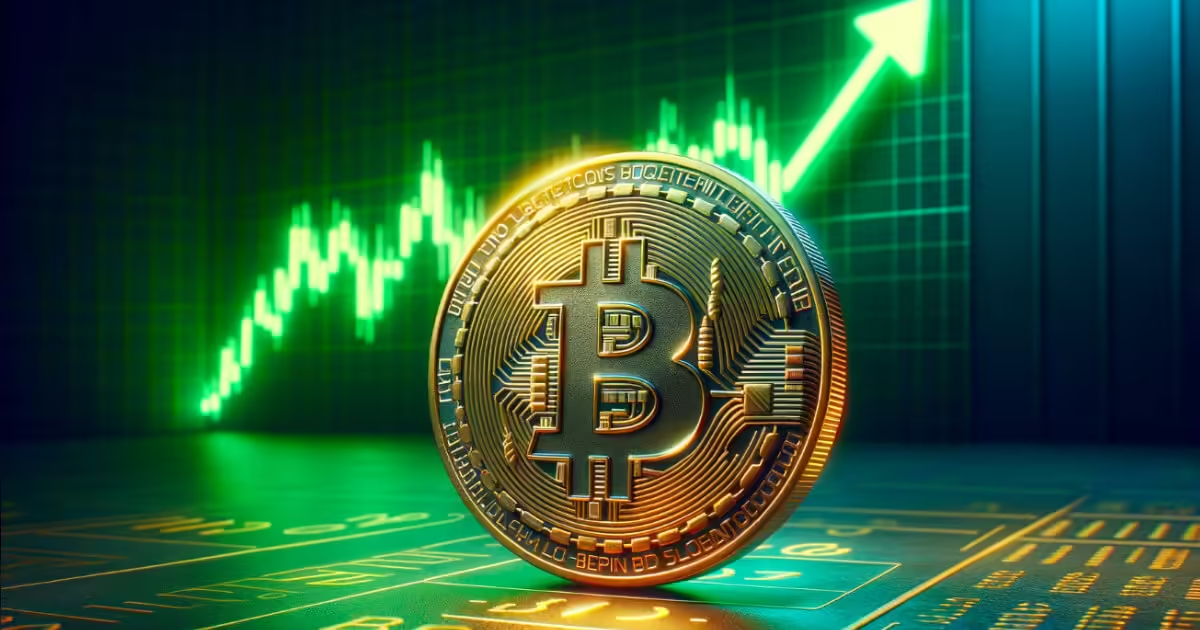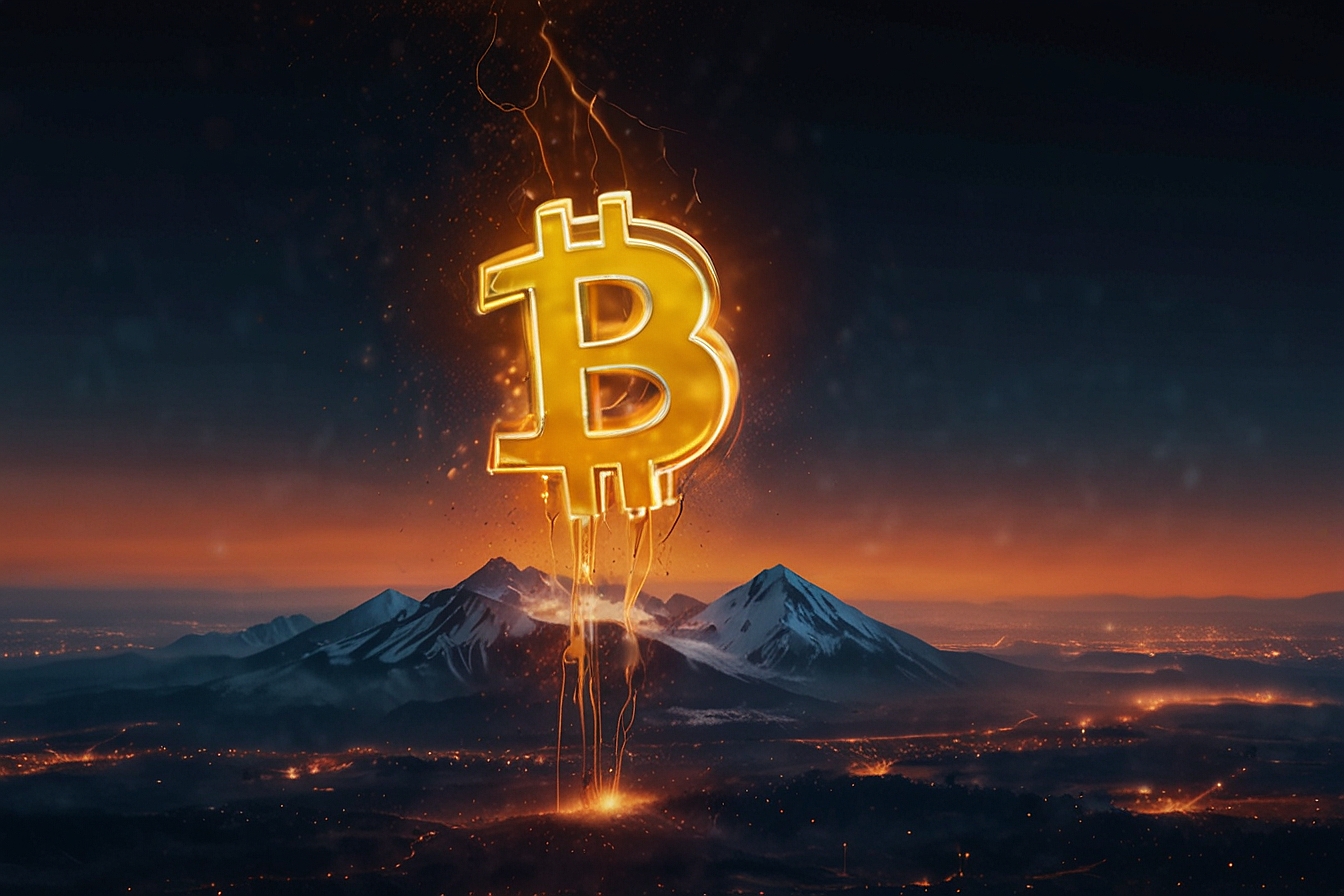|
Getting your Trinity Audio player ready...
|
In the current election cycle, former US President Donald Trump has notably shifted his focus toward Bitcoin (BTC), envisioning it as a pivotal asset in reshaping America’s economic and geopolitical landscape. Trump’s renewed interest in cryptocurrency, particularly Bitcoin, highlights a strategic approach aimed at addressing the colossal $35 trillion US national debt and reinforcing the nation’s energy sector dominance.
Trump’s Bitcoin Strategy About Economic Revolution or Fantasy?
Trump’s recent remarks indicate a bold strategy: he aims to leverage Bitcoin as a tool to alleviate the national debt and bolster the US economy. During a Bloomberg interview, Trump underscored the importance of mining all remaining Bitcoin within the US. He argued that this move could prevent China from gaining a substantial edge in the global crypto arena. By positioning Bitcoin as a cornerstone of US economic strategy, Trump envisions a future where the US not only addresses its debt issues but also emerges as a dominant force in the energy sector.
In addition to economic implications, Trump sees Bitcoin mining as a defense against the rise of central bank digital currencies (CBDCs). His support for Bitcoin has sparked speculation about its potential role as a reserve asset, a notion recently echoed by Bryan Courchesne, CEO of crypto investing firm DAIM. Courchesne suggested that Bitcoin might serve as a strategic reserve asset during Trump’s presidency, reflecting a broader shift in how nations might approach reserve assets in the future.
Bitcoin as a Reserve Asset And Paradigm Shift
Reserve assets, crucial for managing international transactions and trade imbalances, have traditionally been dominated by currencies and commodities with stable values. According to a VanEck report, the attractiveness of a reserve asset lies in its ability to maintain utility and value over time, ensuring stability in global trade.
Bitcoin’s unique characteristics make it an intriguing candidate for reserve asset status. Unlike fiat currencies, which are prone to inflation and devaluation, Bitcoin’s fixed supply of 21 million coins ensures scarcity and value preservation. This property positions Bitcoin (BTC)as a digital equivalent of gold—a universally recognized store of value that offers a hedge against inflation and economic instability.
Bitcoin’s design eliminates reliance on corruptible human authorities and intermediaries. Governed by immutable software algorithms, Bitcoin provides perfect property rights and reduces the risk of value dilution or political manipulation. Its decentralized nature contrasts sharply with traditional financial systems, which depend on intermediaries like banks for transactions.
The potential for Bitcoin (BTC)to act as a strategic reserve asset is bolstered by its superior qualities compared to gold. Easier to transport, more verifiable, and decentralized, Bitcoin offers advantages that gold cannot match in the digital age.
Trump’s vision of incorporating Bitcoin (BTC)into national strategy reflects a broader recognition of its potential to counterbalance geopolitical rivals and strengthen the US’s position in the global financial system. As the world grapples with economic uncertainties, Bitcoin’s role as a reserve asset may well become a defining feature of the future financial landscape.
Disclaimer: The information in this article is for general purposes only and does not constitute financial advice. The author’s views are personal and may not reflect the views of Chain Affairs. Before making any investment decisions, you should always conduct your own research. Chain Affairs is not responsible for any financial losses.
Crypto and blockchain enthusiast.




